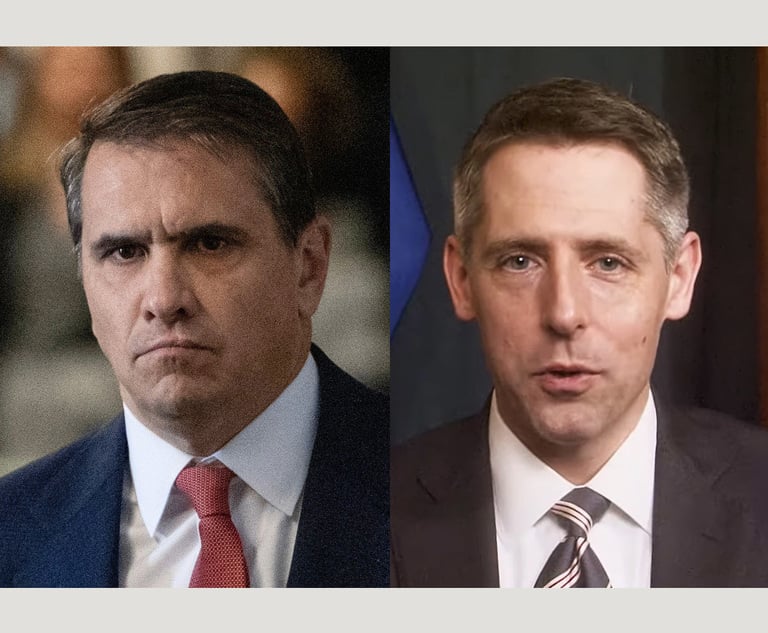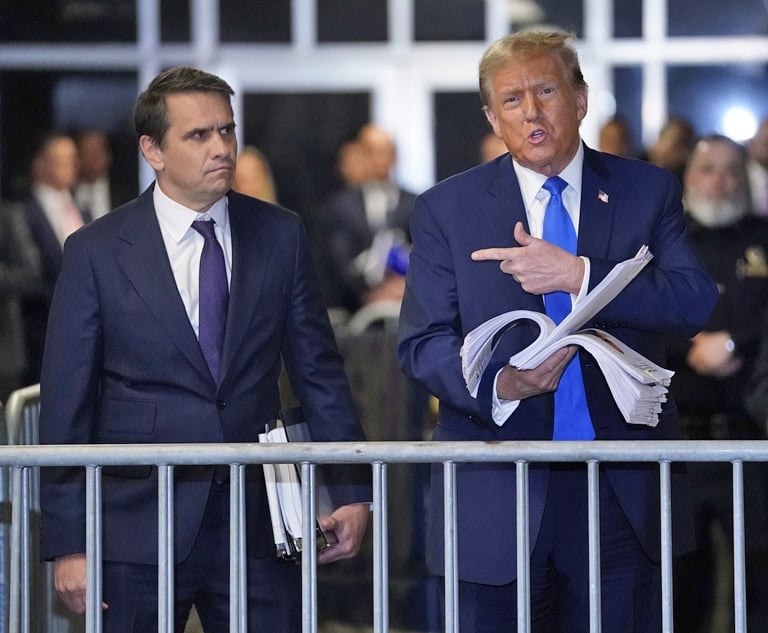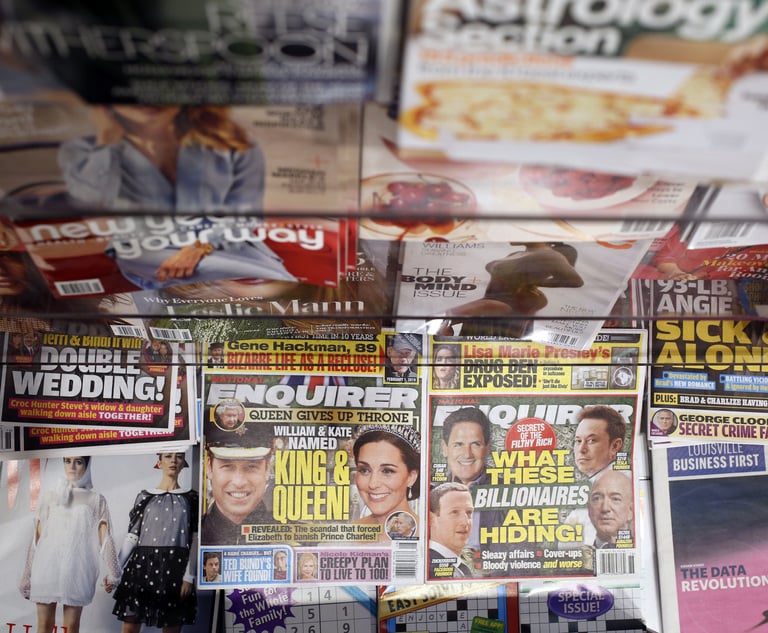This article appeared in The Intellectual Property Strategist, an ALM/Law Journal Newsletters publication that provides a practical source of both business and litigation tactics in the fast-changing area of intellectual property law, including litigating IP rights, patent damages, venue and infringement issues, inter partes review, trademarks on social media – and more.









